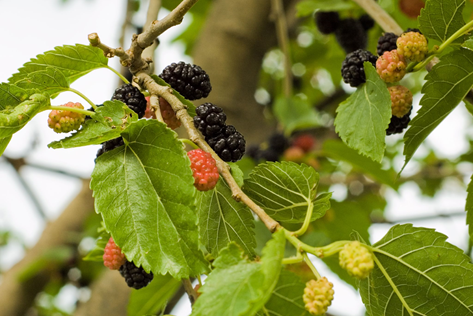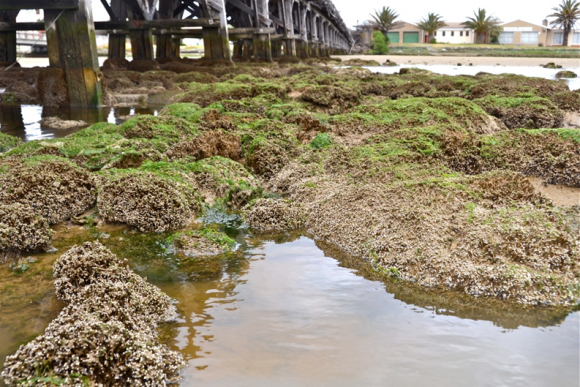The fruits of invasive alien plants are not only an attractive source of food for native birds, but also provide enough energy for their daily energy demands, according to a recent study by University of KwaZulu-Natal student, Vuyisile Thabethe.
Many invasive plant species have fleshy fruits that are eaten and spread by fruit-eating birds. Most of these plants are successful invaders because of their relationship with birds, but little is known about how much energy birds gain from eating these fruits.

Vuyisile assessed the digestive efficiencies of native Knysna (Tauraco corythaix) and purple-crested (Gallirex porphyreolophus) turacos, as well as the invasive alien rose-ringed parakeets (Psittacula krameri) feeding on the fruits of four fleshy-fruited invasive alien plants. The plants included bugweed (Solanum mauritianum), camphor tree (Cinnamomum camphora), yellow guava (Psidium guajava) and mulberry (Morus alba). The study also examined whether these birds meet their energetic demands while feeding on these plants.
Results from the study showed that both turaco species and rose-ringed parakeets can obtain their daily energy requirements from fruits of the four invasive plants. This suggests that the birds can meet their energetic demands by feeding only on these invasive plants, with the exception of the parakeets which did not feed on bugweed. The ability of indigenous and invasive birds to gain their energy requirements from fruits of invasive alien species provides new insights into the relationship between these species.
“This research may help explain why fruits of invasive plants are attractive to birds,” explains Vuyisile Thabethe, lead author of the paper published in the journal, African Zoology. “It is important that we understand the relationships between bird species and invasive plants before we can continue with eradication actions. We suggest that control measures should go hand-in-hand with the addition of native plants that provide fruit-eating birds with sufficient food resources”.
Read the paper
For more information, contact Vuyisile Thabethe at thabethevuyisile@yahoo.com or Prof Colleen Downs at downs@ukzn.ac.za


